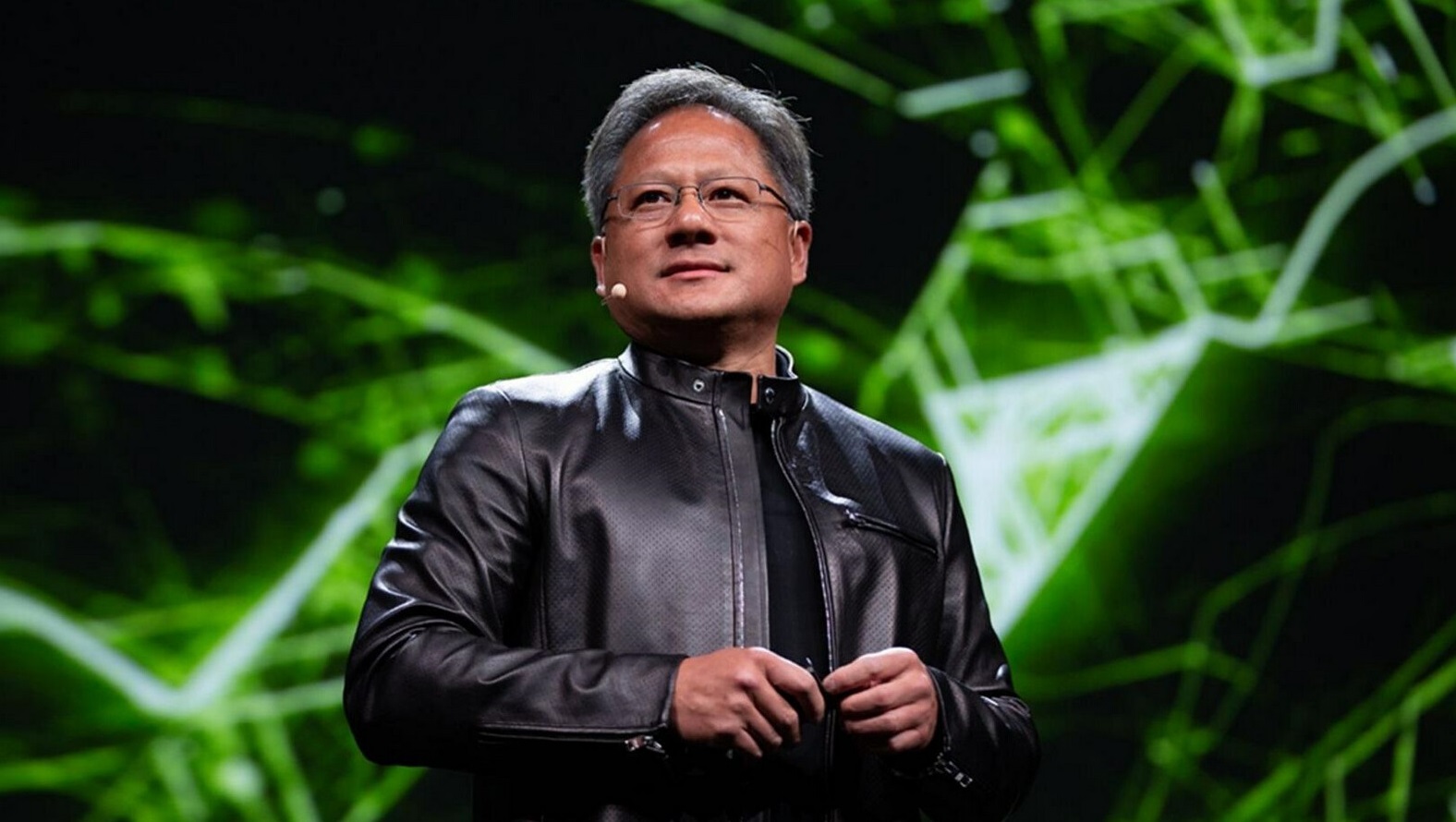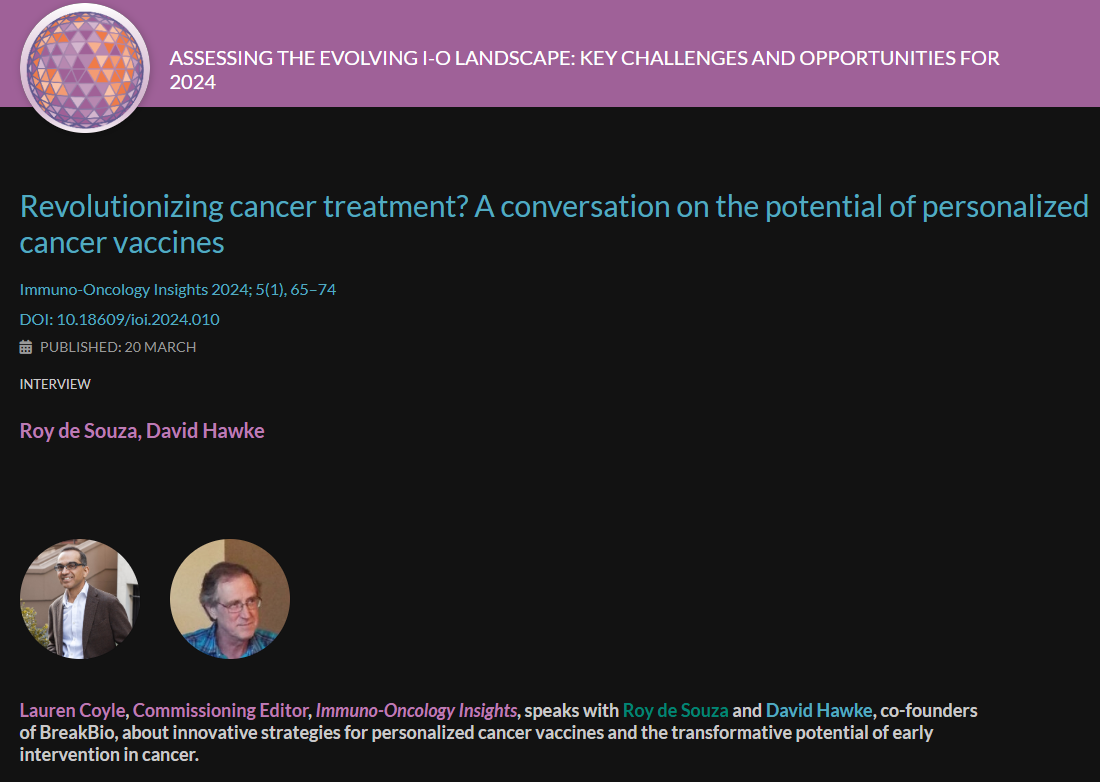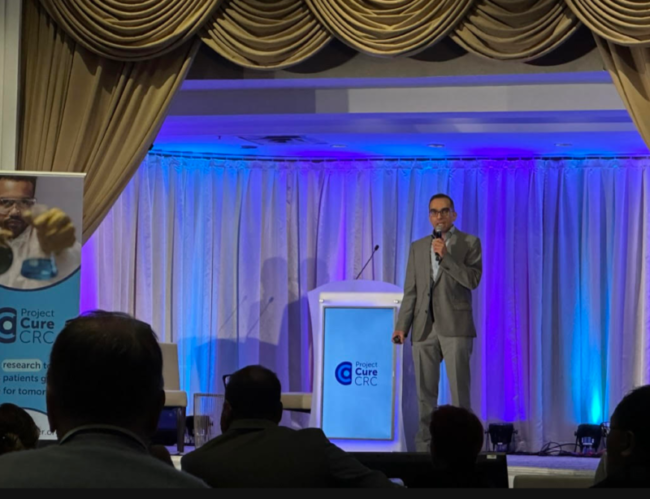CAN WE CURE CANCER WITH A VACCINE?
Big pharma and biotech companies have invested billions in new ways to cure cancer. But for tough metastatic cancers (those that have spread throughout the body), they have mostly not succeeded.
Most of the drug discovery efforts look for chemicals that will kill the cancer cells themselves. That is a good strategy. However using the body’s powerful immune system is another good way to kill cancer cells. New immunotherapy treatments, such as Ipilimumab (invented by Jim Allison who just won a Nobel prize) now prove that our own human T-cells can kill cancer and cure patients. Vaccines work by creating new T-cells, so did anyone try to cure cancer with a vaccine?
As a reminder, smallpox killed 300-500 million men, women and children in the 20th Century. Today it kills no one. How did this happen? Scientists and doctors invented a harmless looking pin prick that injected a small piece of smallpox protein under the skin. It was named a vaccine and it has saved hundreds of millions of people from death by smallpox. Vaccines have also had huge successes in yellow fever, tuberculosis, polio, and many more. However vaccines are not only useful to prevent a disease.
Vaccines work by stimulating the creation of new T-cells to fight that disease and therefore they can also be used to cure patients with an existing disease. So can we cure cancer with a vaccine? Big and small biotech companies have, in the past few years, started testing over one hundred cancer vaccines in the US. Few have been instantly successful, though clinical studies have shown that they do induce your immune system to recognize the cancer proteins and create the right T-cells. But so far these vaccine created T-cells are usually weak and transient in their effect.
One reason we don’t already have a vaccine is that biotech companies can’t just design one great cancer vaccine, manufacture it and send it to distributors. The smallpox virus in each patient is exactly the same. But cancer in each patient has different mutations and so is different in each patient. Therefore one vaccine would never work for everyone. Let’s consider colon cancer which is my focus. Over 860,000 people die of colon cancer every year across the world according to the WHO (https://www.who.int/news-room/fact-sheets/detail/cancer). Stats are not easily available but around 200,000 probably die from it in India each year (in comparison around 50,000 die from colon cancer in the US annually). Yet to treat just 10,000 of these unfortunate people who need our help, we would need to develop 10,000 vaccines in a year. It is tough to develop one vaccine in 5 years, so how could we ssibly develop 10,000 vaccines in a year? Fortunately though, we now have access to massively scaled cloud based software platforms that can analyze many patients’ cancer samples simultaneously, yet design a different vaccine for each of them. These powerful cloud based platforms are standard in the internet world that I have come from. Now tech veterans are bringing this technology to biotechs to cure cancer.
I do believe that we can cure colon cancer using a vaccine design platform that compares the mutated DNA found only in a patient’s cancer cells to the DNA in that same patient’s normal cells. The software platform crunches massive data files and spots key differences in the DNA. These differences are the DNA mutations. And mutated DNA creates “mutated proteins” (technically just different proteins). Then the software platform chooses the exact tiny “mutated proteins” that software predicts the body’s immune system can identify and kill. These “mutated proteins” are the vaccine. They are manufactured and injected into the patient’s arm. Again, this is not a vaccine to prevent cancer, instead it is to treat people who already have cancer. We call it a “therapeutic vaccine”. If it works, that patient’s body will suddenly create T-cells to fight the unique cancer cells in the patient and then eradicate all cancer from their body.
Moderna (https://www.modernatx.com), a biotechnology company, went public in December 2018 and is valued at over $5bn. Not surprising then that vaccine focused biotechs are in high demand. Moderna has bet its existence on vaccines for everything: they have built a sophisticated technology platform to create vaccines against many illnesses including cancer. Moderna has profit-sharing agreements with many big pharma companies including Merck for cancer vaccines.
Dana Farber, part of Harvard Medical School, has focused on cancer vaccine research and trials. In 2017, Dana Farber (Ott et al) published a paper on the initial feasibility, safety and success of a personal neoantigen vaccine in 6 patients with melanoma (skin cancer). The results were promising and a new company called Neon Therapeutics has taken their strategy forward and already gone public.
However, cancer is a tough enemy even for a new personalized vaccine. These are the opening skirmishes in using a vaccine to train the body’s armies of T-cells to defeat cancer. Personalized medicine will, I believe, have its first big success in curing cancer. Cancer is personalized so it requires personalized medicine. But we in biotech will be have to be cleverer. We will have to analyze the cancer DNA vs normal DNA better. We will have to stimulate the body’s immune system harder. And for difficult cancers like colon cancer, we will have to use drug combinations to surmount the tumor erected barriers to T-cells. And yes, we in the industry know what we are up against. But we do not plan to fall back or slow down. Humans use new technologies to move civilisation forward generation after generation. Our generation must win this battle for the sake of our friends and family members. One day soon in our lifetimes, vaccine-created T-cells must kill ALL the cancer cells in each patient before they can regroup or regrow.








